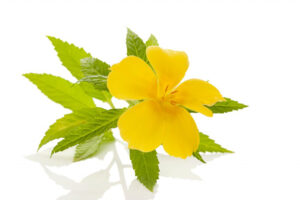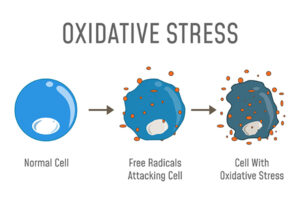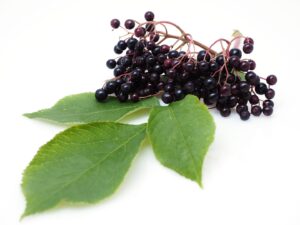
Improving Libido and Male Function, Naturally
‘Issues with male function’ denotes a variety of problems, including those related to impotence and lack of desire. Statistical data
‘Issues with male function’ denotes a variety of problems, including those related to impotence and lack of desire. Statistical data shows that 10–52% of males ranging between 40–70 years of age (or 200-330 million men worldwide!) will experience various difficulties related to male function, both on a physical and emotional level. The causes for male dysfunction are many and may include diabetes, joint problems, hypertension, excess blood lipids, smoking and/or chronic alcoholism. Hormonal difficulties such as low testosterone and thyroid disorders as well as medications (for diabetes, blood pressure, antidepressants etc) can also affect male function.
Although there are drugs, such as Viagra, that may help improve male function, many men choose to turn to natural support, possibly because of the sensitivity of the issue at hand and due to the lower risk of side effects.
Herbal and natural medicine have a long history of use as an improver of male function. In recent years, scientific research has delved into their ability to strengthen male function and desire.
These 4 plants are most commonly used in traditional medicine to support and improve male function.
Tribulus Terrestris has been used for many years in Indian and Chinese herbal medicine to support male function and desire.
Researchers and clinical studies show that Tribulus Terrestris may help men suffering from impotence and low libido.
Note: In cases of impotence, a doctor should be consulted before taking Tribulus Terrestris to rule out any underlying causes, such as diabetes or heart disease.
Damiana is known in Western herbal medicine as an aphrodisiac plant that improves male desire. British herbal medicine refers to Damiana as a specific treatment for issues related to impotence, and as a plant that supports the normal functioning of the reproductive organs.
Arbutin and flavanoids have been identified as the active components of Damiana.
L-arginine is an amino acid (one of the building blocks of protein) which undergoes metabolism in the human body to become nitrite-oxide. Nitrite-oxide causes blood vessels in the body to dilate, significantly improving blood flow in the arteries to the tissues and organs, including the extremities. It is common to combine L-arginine with various medical herbs to increase the effect of the natural components.
Cinnamon is a spice and medicinal plant that is extracted from the bark of the evergreen tree that grows in the provinces of India. Traditional Indian medicine, which promotes holistic health, has used cinnamon to support all issues related to male potency. Indian medicine refers to cinnamon as a ‘blood-moving plant’, which improves circulation to the tissues and organs of the body, including the extremities.
Disclaimer: Medicinal plants are not drugs. The purpose of this article is to provide a general overview of approaches in complementary medicine and the information provided does not constitute a qualified medical recommendation. This article is not intended to diagnose or treat any disease and is not a substitute for medical advice or treatment. Always contact your health practitioner before starting any nutritional supplement programs.
:

‘Issues with male function’ denotes a variety of problems, including those related to impotence and lack of desire. Statistical data

The effect of oxidative stress on male fertility and sperm quality indicators.
Fertility problems are very common, affecting approximately 1 in 6 couples.

In recent decades, women throughout the world have turned to traditional medicine to balance hormonal function and to treat common
Sign up for our fertility guidance campaign.
Get information, tips, and advice regarding fertility and relationships via email.

כשרות
Vida’s dietary supplements are not medicine. They are not intended to diagnose, treat, cure or prevent any disease. In case of a medical concern, please consult your attending physician.
Vida products are manufactured in a factory that meets the requirements of the GMP for proper manufacturing conditions. The information provided about them has not been evaluated by the GMP.
The information provided on this website is for informational purposes only and is not intended as a substitute for advice from your physician or other health care professional. You should not use the information on this site to diagnose or treat any health problem or condition. Always consult with a healthcare professional before starting any diet, exercise or nutritional supplement program, before taking any medication, or if you suspect you might have a health problem.
Always read the information included with your product for the most up-to-date nutritional information.
FDA Disclaimer: These statements have not been evaluated by the Food and Drug Administration. This product is not intended to diagnose, treat, cure or prevent any disease.
designed by b-splash.com | powered by c-site.co.il
Get information, tips, and advice regarding fertility and relationships.